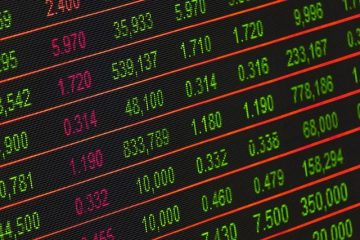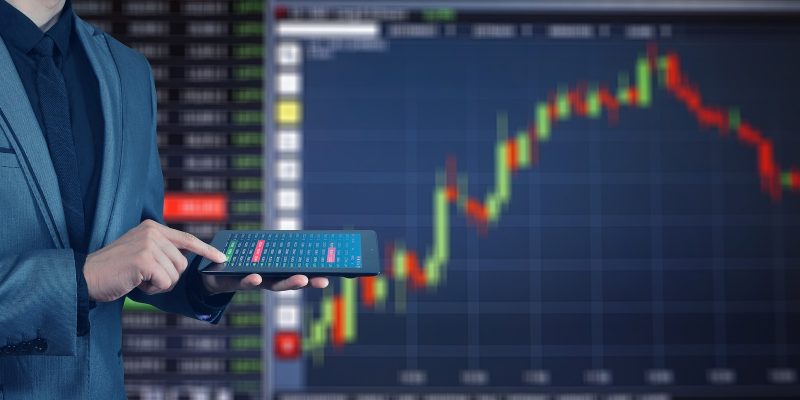Recovery is the word of the moment, recovery from illness, the pandemic and for the economy.
In the UK Prime Minister Boris Johnson has started his ‘roadmap to recovery’ with schools going back on March 8th.
Future restrictions will then ease on April 12th, should the UK remain on target with keeping the rate of infection down.
As the nation, and the world, look to recovery the question becomes just how long could that process last?
To try to answer this Buzz spoke to a range of economists, from around the globe, to see if forecasts varied.

UK perspective
GDP (gross domestic product) is the value of all the goods and services an economy produces.
It’s a way of measuring the performance of an economy.
In the UK GDP growth was negative at -9.76% during 2020 – the seventh worse out of the world’s largest 50 economies.
Negative growth is a concern because it means fewer goods and services are produced, which means less income, potentially creating less employment.
(Map of GDP growth countries from a selection of the 50 largest economies in 2020 by Sam Greasley-Machin)
Executive Director of the Institute of Economic Development UK, Nigel Wilcock, expects that to reverse in 2021.
He said: “GDP will clearly improve this year, by no means back to the levels that it was previously.
“In two to three years, we might be back to the level we were at.
“But, we were going to have 3% compound growth (rate of investment growth) pre-pandemic.
“We’ll probably never get back to that point – that is lost forever.”
The global market as a whole reflecting the UK economy; in his opinion.
But it’s not a prediction shared by everyone.
The view down under
In Australia and New Zealand, the lockdown has eased and the recovery process has already started.
Kieran Bicheno, an economist at the Economic Society of Australia, thinks it will be a much longer recovery period.
He said: “You’re looking at five years for Australia.
“Close to 10 years in the US and UK before the predictable normal economic macrocycles.

“There’s going to be a large degree of restructuring in that period.”
He citied Brexit and an administration in America “which did not know what it was doing” as the reasons behind the longer timeframes.
But any recovery relies on beating the virus, such as, with vaccinations programmes.
EU outlook
The EU, for example, is further behind in its rollout compared to regions like the UK.
This will reflect in their economic revival according to Lukasz Krebel, an EU economist at the New Economics Foundation.
He said: “The EU recovery will likely be delayed compared to other regions that managed the vaccination programs better.
“But until the pandemic is globally under control, all economies will be exposed.”
“With strong progress on the pandemic and the right policy, we could see a strong recovery within the next 1-2 years already.
“Otherwise, the EU can face another ‘lost decade’.”
He added, “It is unlikely the economy can return to how it was before.”
Lukasz shares a similar forecast for the global economy.
Prediction from across the pond
The sentiment is shared by US financial expert Michael Micheletti from financial services provider Freedom Financial.
He believes rehabilitation worldwide is dependent on consumer confidence.
He said: “Consumer behaviour is scarred and, until people feel safe to be around other people, economic growth will be slower.”

With the world reliant on the US economy, the planet eagerly watches Joe Biden and the dawn of his presidency.
The correct response is imperative to a shorter recovery period.
“It certainly could be a faster recovery process than following 2008.”
However, there are some exceptions to the economic slump.
China and much of South-East Asia experienced positive growth last year.
The was the result of economies better managing Covid-19, the falling US dollar lightening debt and a rise in commodity prices.
But for the majority of the planet that is not the case, as the globe looks forward to recovery.
Economics glossary terms infographic, by Sam Machin
Read more from Buzz here:


 Doxxed: The dark side of the internet
Doxxed: The dark side of the internet